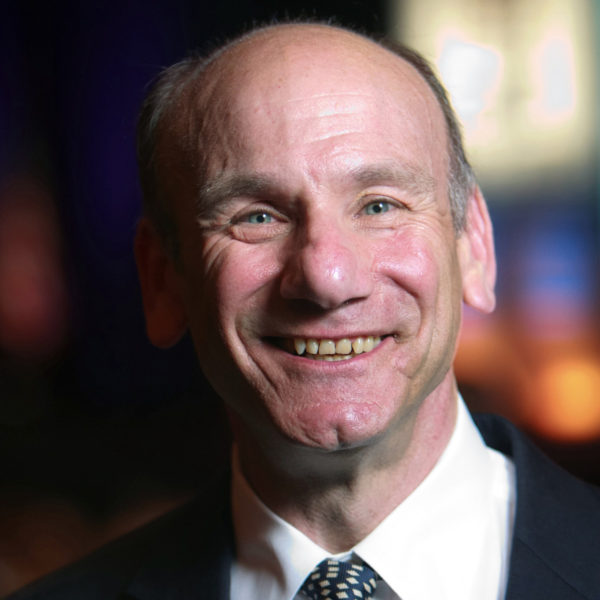
Image by Rob Stothard.
Sometimes I Forget To Be Afraid of Things
I was startled to see Laura Haim’s face on TV. It made sense that she’d be on cable news last week; as White House correspondent for the French network Canal Plus, she was well placed to tell Americans the French reaction to Brexit. What brought me up short was that I’d forgotten about her.
Without consciously deciding to, I’d filed away my recollection of watching her night after night on MSNBC, reporting what her sources were telling her about the ISIS attacks in Paris. I’d been obsessed with that story, and fearful for my safety and my kids’, just as I’d been even more acutely after the killings in nearby San Bernardino. But at some point in the six months since then my memory of Paris and of Haim had submerged, like the alligator at Disney World, until the terrorist murders in Orlando.
Sometimes I forget to be afraid of things.
Right now I’m plenty worried about the financial and political aftermath of Brexit. I’m panicky about its impact on my nest egg, and I’m scared that the xenophobia that fueled it could also fuel a Trump win. But if the past is any guide, those fears will be displaced by future reasons for insomnia.
You can’t worry about everything all the time. For weeks or months on end, I can forget to worry about earthquakes in Los Angeles, but then a serious shaker somewhere in the world will remind me that living here is licking the razor. I often forget to worry about climate change, until a heat wave in India or a forest fire in California reminds me that most people now alive will live to see its far worse consequences.

Something similar to forgetting fears happens to me, and maybe to you, with outrage. It’s as though my bandwidth for fury has a limit. There’s only so much I can be actively, currently pissed off about. In order to get my anger pumping, new injustices need to push previous affronts off my radar.
So I’m irate with John McCain for saying that Barack Obama is directly responsible for the slaying of 49 people in Orlando, then I’m enraged at Paul Ryan for refusing to bring gun safety to a vote, until I’m once again livid at Mitch McConnell’s refusal to bring Merrick Garland’s Supreme Court nomination for a vote that resulted in the 4-4 tie that doomed Obama’s immigration plan. I’m boiling at CNN for hiring Trump stooge Corey Lewandowski, until I’m more maddened at the way they cover Trump’s Scottish golf resort infomercial: with a wry, what-an-inveterate-salesman tone, instead of a pitiless, what-a-corrupt-embarrassment.
All the while that fear and outrage are running zero-sum games for dominance of my headspace, even as I forget to be afraid or outraged by anything but the most immediate ugly news, there’s something else I forget unless it forces itself on my attention. But when the breaking news is the sound that rain makes, or the shape of a leaf, or the fact that there is something rather than nothing: that’s when I recall that noticing what is is not a finite human faculty.
We have a limitless capacity for amazement. Mindfulness is not a zero-sum game.
If you pay attention to the crackle of a strawberry seed in your mouth, that wonderment does not displace a prior alertness to existence; it adds to it. Ordinary mysticism — the experience of being right here, right now, whether you’re by the ocean or by the washing machine — is cumulative. The more you have, the more you have. It’s a mercy that we can’t keep in mind all the reasons the world forces on us to be frightened or furious. If we did, our heads would explode, and our spirits would be suicidal. It’s something of a miracle that when it comes to awe, we can contain multitudes.
Right now, any sign that Donald Trump could be our next president has a good shot at owning my mind. I see that the Brexit vote is disproportionately powered by elderly Britons, and I see in that a mirror of Trump’s base. I see “Leave” campaign leader Nigel Farrage promise that if the United Kingdom exits the European Union, the National Health Service will get the 350 million pounds per week that Britain gives Europe; I see the British press try in vain to debunk that claim; the morning after the vote, I see Farrage admit it was a “mistake” (i.e., lie) — and I think of another liar’s immune-to-fact-checking promise: “Who will pay for the wall?” “Mexico!” I see that within hours of the Brexit outcome, more than a million establishment-kicking, remorseful British voters have signed a petition for a re-vote, and I imagine the American hangover the morning after the send-them-a-message victory of President-elect Trump.
Minds are funny. A North Korean nuke would take mine off Trump. So would a news fast. I’m just glad that no one needs a nightmare or a digital detox to surrender to a starry night.
This essay was reprinted with permission of the author and Jewish Journal.
